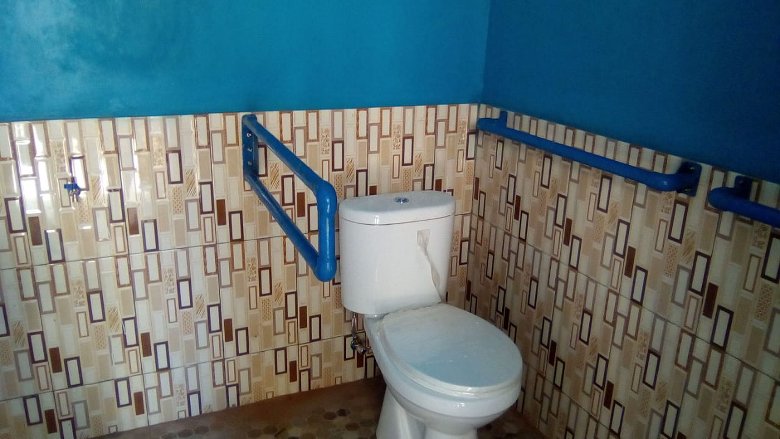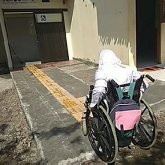Synopsis
Since 2006, PAMSIMAS, a national rural community-based water and Sanitation project, benefitted about 24 million people with improved access to water supply facilities and provided 16 million with access to improved sanitation. As of December 2021, PAMSIMAS was in operation in more than 80 percent of districts in Indonesia. In 2016 PAMSIMAS launched a disability-inclusive approach to increase access for people with disabilities.
Challenges
In Indonesia, even as PAMSIMAS increased access to water and sanitation across the country, people with disabilities lacked access to various services due to inadequate facilities or accommodation. Many people with disabilities were excluded from decision-making processes related to public services, and facilities were not equipped with adequate accessibility features.
Many of the WASH (Water, Sanitation and Hygiene) facilities at homes and public areas were designed without consideration for disability inclusion. Many people with disabilities had difficulties accessing facilities on their own and without assistance. In PAMSIMAS villages, about one percent of the population were identified as people with disabilities, and less than three percent of these people with disabilities had adequate access to WASH facilities.
Approach
The development objective was to increase the number of under-served rural and peri-urban populations that had access to sustainable water supply and sanitation services. In 2016, PAMSIMAS piloted a disability-inclusive approach in 59 villages. The pilot was followed by the development of guidelines and a series of capacity building activities for facilitators and consultants to support the scale-up and implementation of the approach. Starting in 2018, the disability inclusive approach was mainstreamed across the project, with the goal of ensuring universal access to water supply and sanitation facilities in all new PAMSIMAS villages. A standard operating procedure was developed and utilized as guidance for all stakeholders to ensure effective adoption of the approach. By December 2021, about 10,676 villages had adopted the disability-inclusive approach. The project also demonstrated that the cost for adopting the disability-inclusive approach at the design stage was much cheaper than retrofitting or modifying an already constructed facility.

